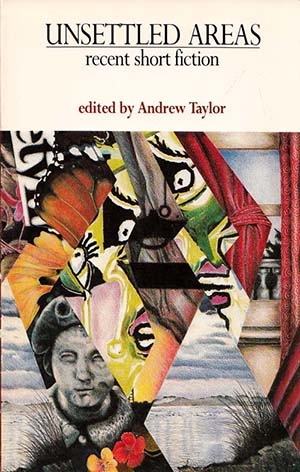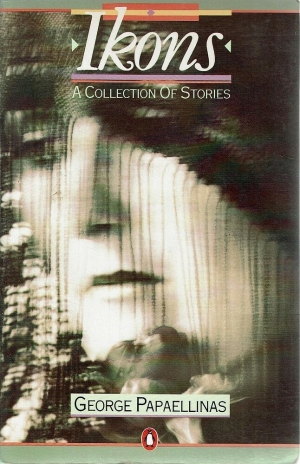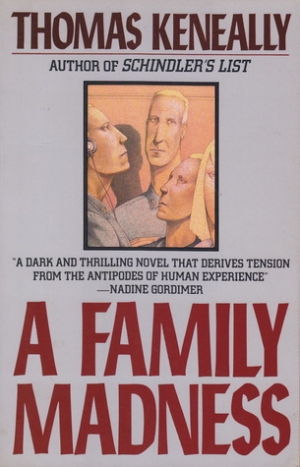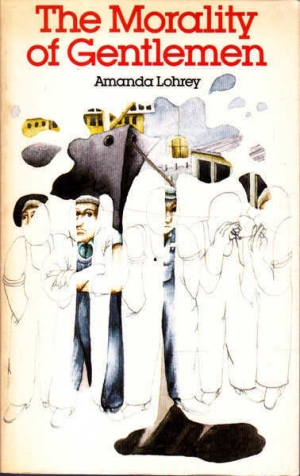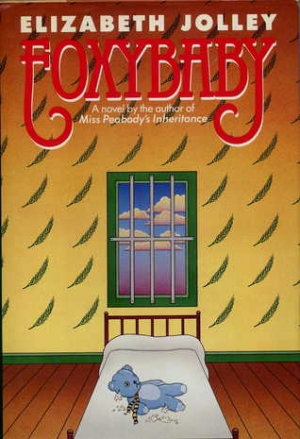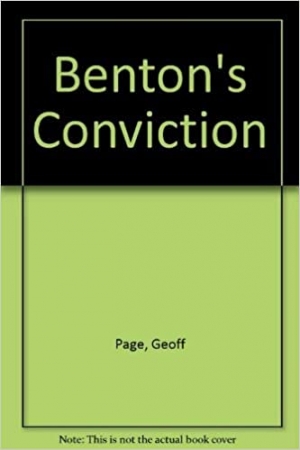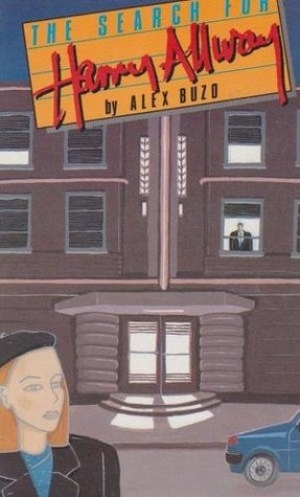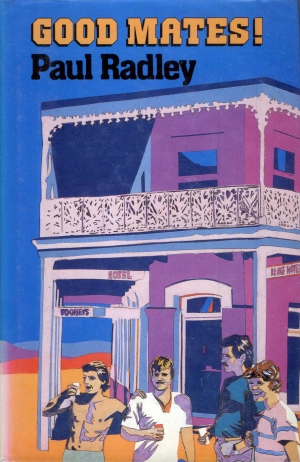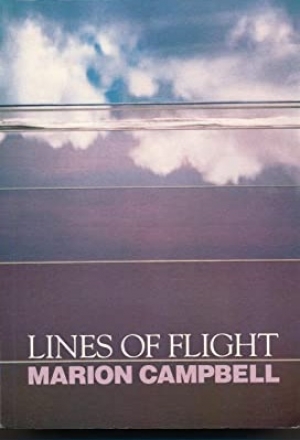Fiction
Sandra Moore reviews 'Unsettled Areas: Recent South Australian short fiction' edited by Andrew Taylor
A reviewer is bound to behave as a different kind of reader from others, especially when dealing with a mixed collection like Unsettled Areas. Other readers can pick and choose, skip the duller bits, and take as long as they like, whereas I’ve read closely every story, at least twice, in the space of two days. Then I’ve let them settle into my imagination for another day or so to see what impressions have lasted, before taking another look. I looked especially hard at the ones I found unsatisfactory, in case my mind had changed. I’ll leave these until later.
... (read more)On the stage or off, Peter Mavromatis is the unswerving centre of these stories. Unswerving as a focus, that is – in himself he swerves all over the place. Who and what is Peter Mavromatis? That’s what he’d like to know. His Cypriot parents and grandmother know who he should be. Sydney-born, he has grown up saddled with Greekness as a birthright and an unpayable debt. Peter Blackaeye: is he ‘Grik’? No, the Greeks at GMH decide, and drive him off the job. Australian? Not to his family, nor to many Australians.
... (read more)Ludmilla Forsyth reviews 'A Family Madness' by Thomas Keneally
Thomas Keneally’s A Family Madness attempts to get the reader in touch with life beyond the headline and the common enough family madness which irrupts the security we call home, sweet home. While each family may be unhappy in its own way, only some hit the screen or the front page, splattering their sorrow onto family breakfasts, lunches, dinners.
... (read more)Laurie Clancy reviews 'The Morality of Gentlemen' by Amanda Lohrey and 'This Freedom' by John Morrison
This fine first novel by a thirty-six-year-old Tasmanian woman was first published in 1984, but to the best of my knowledge has received only one review. Certainly, ABR missed it, and I would not have read it had it not been entered in the Vance and Nettie Palmer Victorian State Government awards for fiction. Had I been able to persuade my fellow judges of its merit, it would certainly have made the shortlist. Lohrey’s talent as a writer has finally been acknowledged in the latest issue of Scripsi, which prints an extract from the novel she is currently working on, as well as a substantial and thoughtful review by Anne Diamond.
... (read more)A colleague asked if I thought that Elizabeth Jolley’s Foxybaby might have gone ‘over the top’. I assume she meant that the book might be ‘too much’ because the function of its preoccupation with (say) crime and sex, including incest and homosexuality, was not immediately apparent. The question is a reasonable one, but for two reasons I don’t think that her latest novel does go over the top: there is no theme used or technique employed in Foxybaby which has not appeared in Jolley’s writing before; and, ad astra (perhaps per aspera or per ardua), the book represents a logical but highly imaginative development from her most recent work.
... (read more)Australian involvement in World War I has in recent years attained a high profile in books, film and television. The trend has been to demythologise the legends of heroism and courage associated with war, and the theme often adopted is the rapid and brutal transformation from naivety to understanding of how baseless the myth was. Although this might be considered well covered ground, Geoff Page in his first novel, Benton’s Conviction, has returned to the war setting. However, because he concentrates on an aspect which hitherto has not been fully explored, and sustains the work with deft prose, Page has succeeded in producing a novel of originality and consistent interest.
... (read more)This is a first novel from Alexander Buzo, the playwright of the 1960s and 1970s who gave vitriol a new status in the Australian vernacular and who, through characters like Coralie Landsdowne (Coralie Landsdowne Says No) and Edward Martello (Martello Towers), raised pretentious speech to new levels of social acceptability. In a published comment on audience reception to Martello Towers, Buzo describes Edward Martello as ‘an educated ‘rake’, who is, in keeping with the style of the play, articulate beyond the grounds of naturalism’ and concludes, ‘Still, as long as they’re enjoying themselves’. Defensive disclaimers from writers hint at a nervousness which must, eventually, find its way into the writing usually in the form of overkill. The worst recent example of this is the introduction to Clive James’s Brilliant Creatures in which a rather affected statement of pre-emptive failure is intended to head the critics off at the pass if they were to do anything as unkind as suggest that the work was any more frivolous than intended by its author, who, of course, intended it to be.
... (read more)Paul Radley’s novels are about loss and growth. The first, the prize-winning Jack Rivers and Me, showed how ‘Peanut’ was forced to shed his imaginary companion as a part of his joining the world of school. My Blue-Checker Corker and Me dealt with a twelve-year-old boy’s reaction to grief at the loss of his racing pigeon. Now, in his latest, he takes us through five years in the lives of two mates from just before they leave school until one of them dies in the mud of New Guinea. The setting of the novel is again his fictitious township of Boomeroo, but the time is now the late thirties and first years of the war.
... (read more)At a time when novels by women must run the gauntlet of feminist criticism it is surprising to find one which is prepared to discuss love and female dependence without any deference to feminism. Natalie Scott makes it clear that her heroine lives in ‘liberated’ times but she insists that the need for love remains a fundamental human weakness or strength. Furthermore, she is not afraid to link a woman’s desire for beauty with her need for love. The traditional feminine concern for beautiful things and personal beauty becomes in The Glasshouse part of a search for completeness, though the other interpretation – that it is evidence of feminine materialism and obsession with security – is also acknowledged. At the same time, Natalie Scott’s writing is careful, considered, occasionally witty, and always finely crafted. Her narrator, Alexandra Pawley, convincingly conveys the attitudes of an intelligent and well-groomed woman who desperately wants to form her life into a beautiful pattern.
... (read more)Sandra Moore reviews 'Lines Of Flight' by Marion Campbell and 'Postcards from Surfers' by Helen Garner
Marion Campbell’s first book is an ambitious work in which large themes are explored through the consciousness of a complex character, Rita Finnerty, a twenty-five-year-old Australian artist living in France. The writing is richly dense with images, symbolic clues, psychological insight poetic and painterly language, time layered with memory and even stories within the story.
... (read more)
